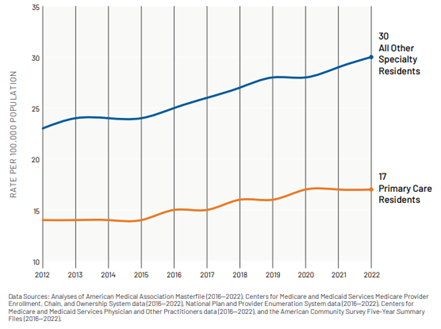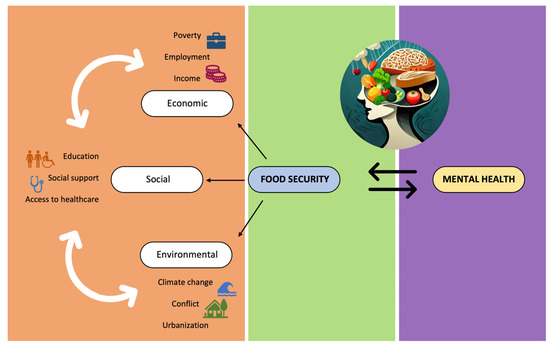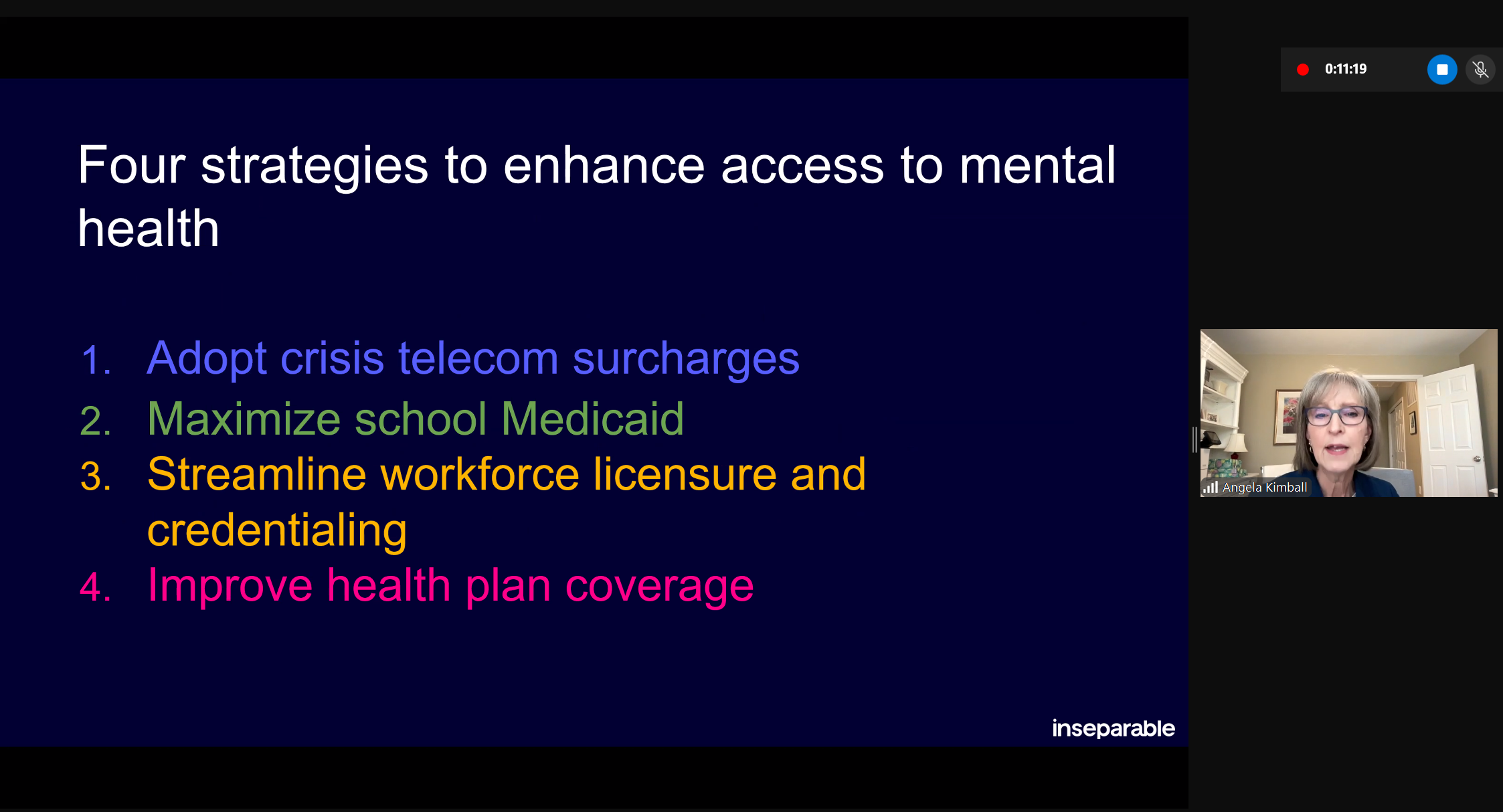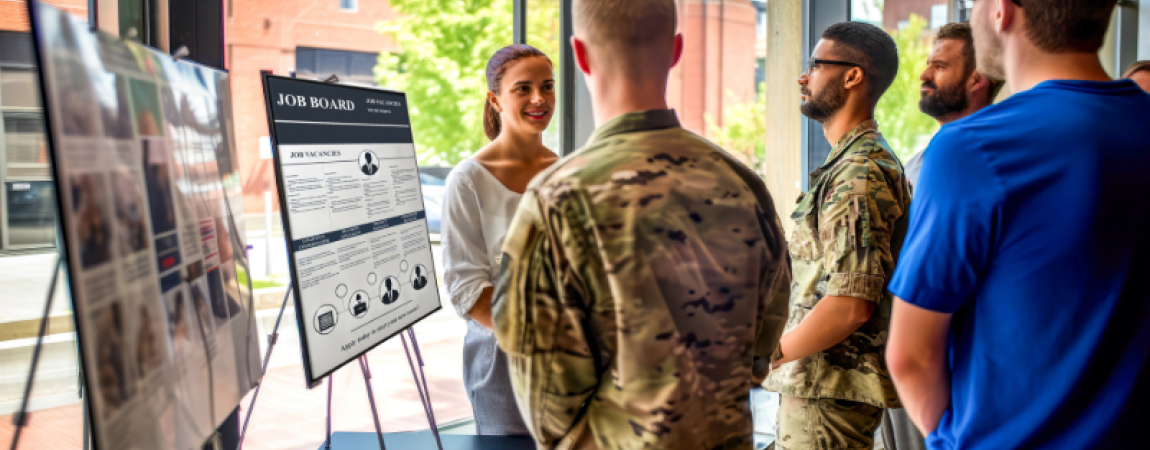Our members recognize the substantial benefits provided to the nation by our water resources and hope to work together to ensure passage of a new bipartisan WRDA bill in 2022.

The Honorable Tom Carper
Chairman
Committee on Environment and Public Works
United States Senate
513 Hart Senate Office Building
Washington, DC 20510
The Honorable Shelly Moore Capito
Ranking Member
Committee on Environment and Public Works
United States Senate
172 Russell Senate Office Building
Washington, DC 20510
The Honorable Peter DeFazio
Chairman
Committee on Transportation and Infrastructure
U.S. House of Representatives
2134 Rayburn House Office Building
Washington, DC 20515
The Honorable Sam Graves
Ranking Member
Committee on Transportation and Infrastructure
U.S. House of Representatives
1135 Longworth House Office Building
Washington, DC 20515
Dear Chairman Carper, Ranking Member Capito, Chairman DeFazio and Ranking Member Graves:
On behalf of the state and local elected leaders that our organizations represent, we appreciate the opportunity to provide input as the authorization process for the 2022 Water Resources Development Act (WRDA) continues. Maintaining a strong water infrastructure system and supporting the nation’s economic growth and maintenance of global competitiveness is more important than ever as the nation emerges from the COVID-19 pandemic. Our members recognize the substantial benefits provided to the nation by our water resources and hope to work together to ensure passage of a new bipartisan WRDA bill in 2022. As your committees work to move this vital piece of legislation, our organizations encourage the following:
Biennial Authorization
We strongly urge Congress to approve this vital bipartisan legislation in 2022 and continue to maintain a two-year authorization schedule moving forward. WRDA is critical in helping to protect, maintain and further develop our water infrastructure systems including ports and waterways. It provides states and local governments with added stability and certainty to meet water infrastructure needs while also supporting the safety, environmental protection, and economic development of our communities. Following a seven-year gap in the passage of WRDA, Congress was able to enact all subsequent WRDAs – the Water Resources Reform and Development Act of 2014 (WRRDA), the Water Infrastructure Improvements for the Nation Act of 2016 (WIIN), the America’s Water Infrastructure Act of 2018 (AWIA) and the Water Resources Development Act of 2020 on a bipartisan basis.
Intergovernmental Collaboration
We were encouraged by the 2018 provisions requiring the Corps to develop a process to formally consult with stakeholders, including states and local governments, on future and pending WRDA projects, annual district budgets, deauthorized projects and guidance documents, ensuring that unique perspectives on water infrastructure projects within their communities are considered. Our organizations encourage you to continue to build on this meaningful consultation with state and local governments to foster a greater consensus and increase the effectiveness of the U.S. Army Corps of Engineers (Corps) overall. Recognizing the role of state and local governments in implementing federal laws, in 1995, Congress passed the Unfunded Mandates Reform Act (UMRA) to promote and foster collaboration between federal, state and local governments to control, if not eliminate, the imposition of unfunded federal mandates imposed on states and localities. Additionally, in 1999, Executive Order 13132 was signed, explicitly requiring all federal agencies to formally consult with state and local governments on proposed regulations that will have a substantial direct impact on state and local governments.
Maintenance and Modernization of our Nation’s Ports and Harbors
We were pleased that WRDA 2020 unlocked billions of dollars in the Harbor Maintenance Trust Fund (HMTF) to fully allocate its funds for maintenance dredging activities outside discretionary budget limitations. We continue to encourage Congress to appropriate the maximum amount of allowable funds, making them available immediately to increase investment in our nation’s economy and infrastructure and to create and sustain U.S. jobs, maximizing the capability of the U.S. Army Corps of Engineers. During this time of economic uncertainty, it is vital that we ensure our nation’s ports remain competitive globally and use the resources necessary for expansion, modernization and repair. Continued encouragement and support of the beneficial use of dredged material will also be essential for meeting economic and environmental goals.
Flooding Mitigation and Resilience
We support congressional efforts that provide the necessary aid to states and local governments to ensure they have the capabilities to mitigate potential flood and storm damage, including using natural infrastructure and dam safety initiatives.As these severe weather events become more commonplace, our members and their constituents ask for a strong federal partner and funding in making our communities more resilient.
We look forward to working with you to ensure that the safety and modernization of our nation’s water infrastructure needs remain a top national priority in this fifth consecutive WRDA. If you have any questions please do not hesitate to contact us: Christian Lovell (NGA) at 202-624-5357 or clovell@nga.org; Kristen Hildreth (NCSL) at 202-624-3597 or kristen.hildreth@ncsl.org; Sarah Gimont (NACo) at 202-942-4254 or sgimont@naco.org; Carolyn Berndt (NLC) at 202-626-3101; or Berndt@nlc.org; Judy Sheahan (USCM) at 202-861-6775 or jsheahan@usmayors.org.
Sincerely,
Bill McBride, Executive Director, National Governors Association
Tim Storey, CEO and Executive Director, National Conference of State Legislatures
Matthew D. Chase, Executive Director, National Association of Counties
Clarence E. Anthony, CEO and Executive Director, National League of Cities
Tom Cochran, CEO and Executive Director, The United States Conference of Mayors
CC: Members of the Senate Environment and Public Works Committee, Members of the House Transportation and Infrastructure Committee












